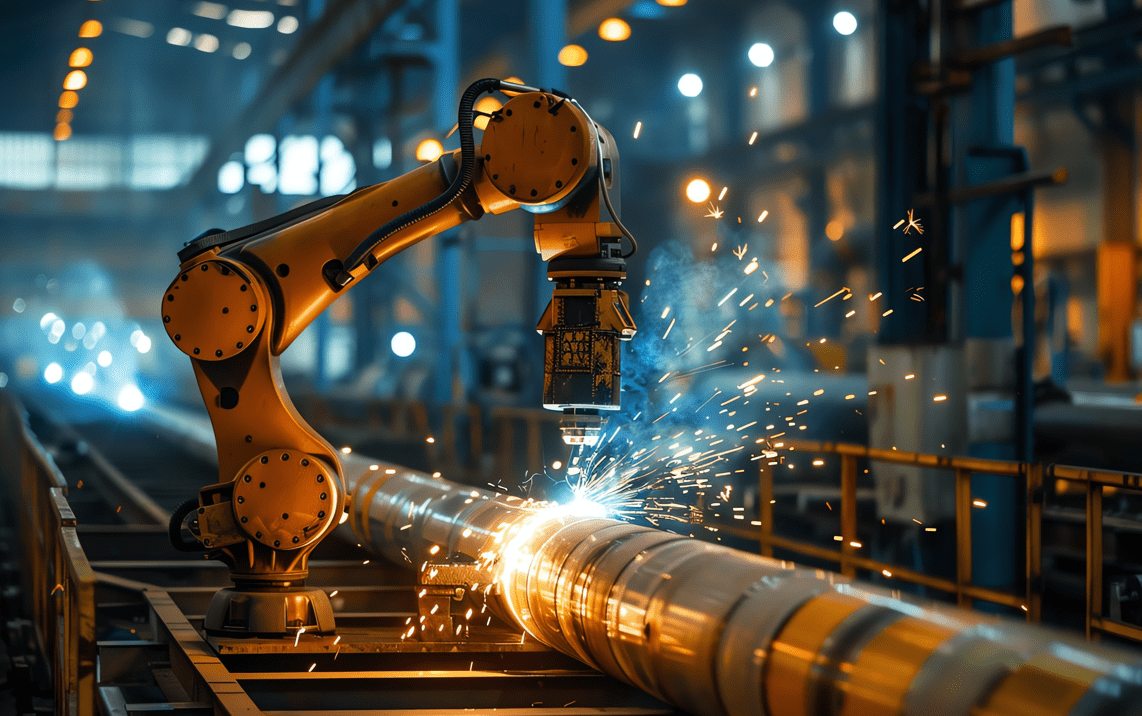Industrial pipes are the backbone of countless sectors, from manufacturing and chemical processing to energy and water management. As technology continues to advance, industrial piping systems are evolving, bringing new efficiencies, durability, and sustainability into play.

One of the biggest trends in industrial piping today is the shift towards sustainable materials. As industries prioritize eco-friendly operations, pipes made from recycled or renewable materials are gaining traction. Manufacturers are also developing pipes that are easier to recycle at the end of their life cycle, reducing waste.
The rise of smart technologies has also found its way into industrial piping systems. Smart pipes equipped with sensors can monitor flow rates, pressure, and temperature in real-time. This innovation allows for predictive maintenance, reducing the risk of leaks or pipe failures. Smart pipes are essential in industries where accuracy and safety are paramount, such as chemical processing and oil and gas.
Corrosion is a perennial issue in industrial piping, particularly in sectors like mining, oil refining, and chemical production. However, new advancements in materials science are producing pipes that resist corrosion more effectively than ever before. For example, materials like HDPE (High-Density Polyethylene) and FRP (Fiberglass Reinforced Plastic) are becoming more popular due to their exceptional durability in corrosive environments.
In industries where time is money, modular piping systems are making waves. These systems are pre-fabricated and can be assembled on-site, significantly reducing installation time. This approach minimizes disruptions to operations and lowers labor costs, making it an attractive option for projects with tight deadlines.
Safety is always a top priority in industries using industrial piping systems. As such, many countries are implementing stricter safety regulations, particularly in sectors like oil and gas, chemicals, and pharmaceuticals. Companies are now investing in pipes that meet or exceed these enhanced safety standards, ensuring compliance and reducing the risk of accidents.
With energy efficiency at the forefront of industrial innovation, new piping technologies are being designed to reduce energy consumption. Heat-resistant pipes, for example, allow for better thermal insulation, decreasing the need for additional heating or cooling in pipelines. This not only saves energy but also cuts costs over the long term.
As industrial pipes continue to evolve, businesses must stay updated on the latest innovations to maintain competitive advantages. Whether you're looking to enhance sustainability, improve safety, or increase operational efficiency, the newest trends in industrial piping offer a wealth of opportunities. Investing in the right piping systems can ensure long-term success, safety, and profitability for your industrial projects.








